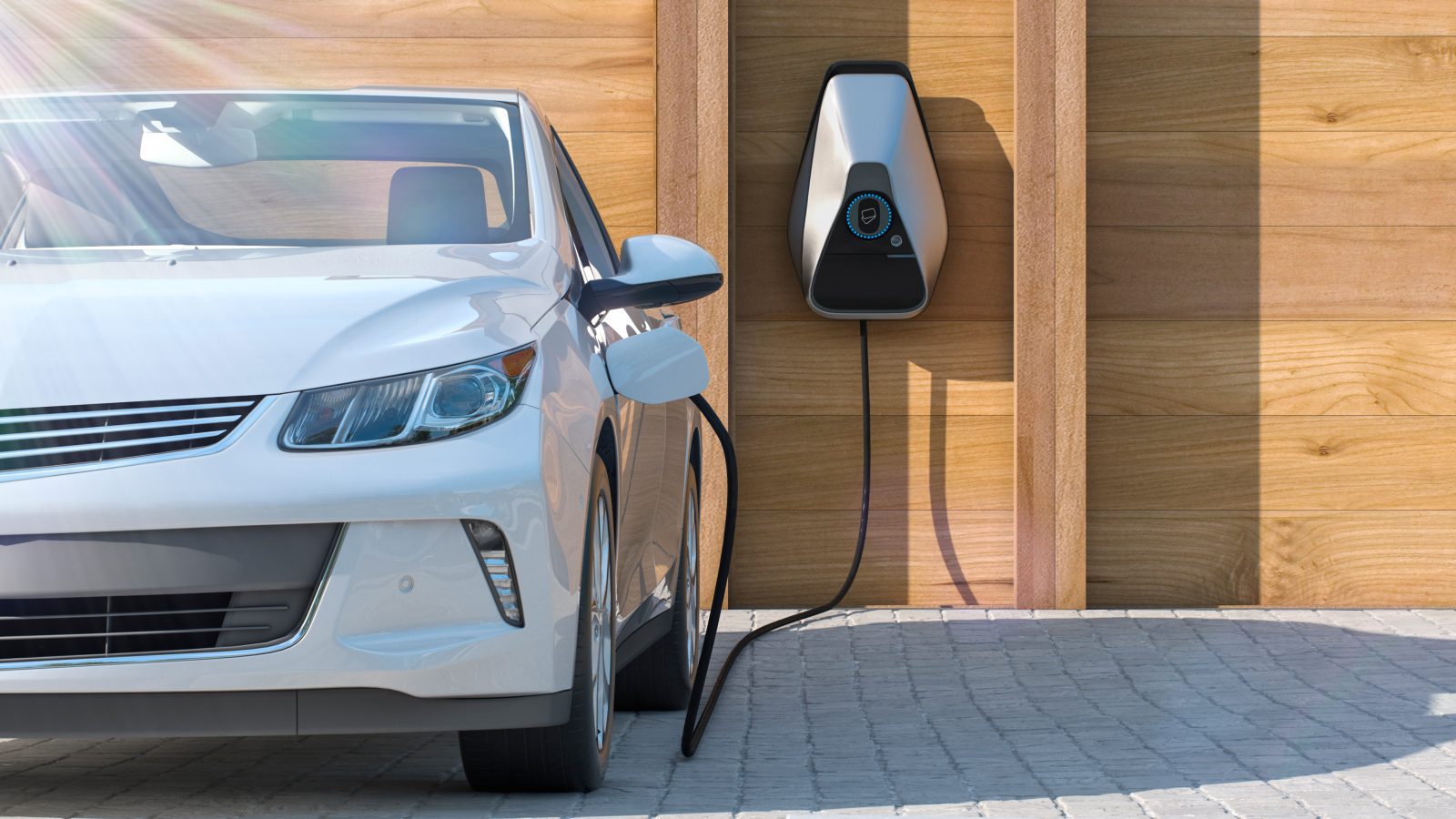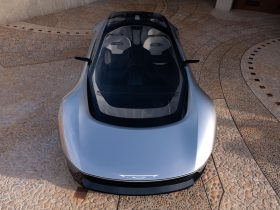With their EV smart charging feature, electric vehicles (EV) are gaining market popularity as a sustainable option. If you’re planning to invest in an electric vehicle soon, it’s crucial to know the basics, especially the charging process. The EV industry is reducing its impact on energy resources by taking advantage of open network communications between energy suppliers, vehicles, and charging stations.
The smart charging process involves connecting charging points with EV owners. Once you plug in your EV, the charging station transmits information via Bluetooth or Wi-Fi to a centralized cloud-based management platform. The process allows you to save money while significantly cutting down on emissions.
Depending on your location, you can charge your EV at various charging stations. You can also consider purchasing and installing BOXT’s EV chargers in your home. Aside from being more convenient, having your own EV smart charger is cost-efficient and safer.
What Is EV Smart Charging?
EV smart charging generally utilizes intelligence to manage when and how an electric vehicle receives power once you plug it into a smart charger. The amount charged to a vehicle is determined by the cost and availability of electricity and the driver’s specific requirements. Additionally, it enables you to monitor and adjust your energy consumption. The process is dependent on digital communication between the electric vehicle, the charging station, and the energy provider.
Smart energy management involves the optimization of the charging infrastructure by ensuring a seamless power supply to an electric vehicle. It also involves the proper distribution of the charging loads across energy sources. Doing so will ensure the safe delivery of energy without causing any disruption to the energy needs of houses, buildings, or other energy consumers.
What Is The Process Of EV Smart Charging?
If you’re wondering how EV smart charging works, the process is relatively simple. When you have an electric vehicle, you must connect the charging cable to the charger to establish a connection.
When the smart EV charging platform identifies the car operator, it begins the charging sessions with the most efficient energy utilization while monitoring the charging process. When the vehicle is fully charged, the session will end, and you will be charged for the service.
At the same time, a communication session begins between the charger, other chargers, and energy resources at the charging location, the grid, and the smart charging platform. All of the elements are managed by centralized, cloud-based software.
A Closer Look At Smart EV Charging Point Devices
Today, the majority of electric vehicle models are compatible with smart charging devices. However, remember that not all charging devices are capable of this.
When choosing a charging device, keep at least three factors in mind:
- The stations should have cloud connectivity. The devices must include General Packet Radio Services (GPRS) or 3G connectivity to communicate seamlessly with the service.
- The devices must use standardized connectors such as CHArge de MOve (CHAdeMO) and Combined Charging System (CCS).
- The devices should ideally be Open Charge Point Protocol (OCPP) compatible, which allows you to combine multiple software and hardware to create a holistic charging experience.
What Are The Benefits Of EV Smart Charging?
The main advantage of smart charging for many EV drivers is that it’s more cost-effective. Managing the charge time and amount gives you greater control over the operational costs of an electric vehicle. You’ll feel more secure driving a sustainable vehicle with smart charging’s adaptive power consumption in the long run.
In a nutshell, EV smart charging can provide several benefits to the EV charging ecosystem. It optimizes and stabilizes energy flow within a balanced grid while ensuring that everyone has reliable power.
Here are some additional advantages of EV smart charging:
- Smart charging devices allow for the safe use of maximum charging power, resulting in faster charging than standard power outlets.
- Smart charging is more secure because smart devices test the connection between an electric vehicle and the device before charging begins.
- A smart charging service automatically collects consumption data. In most cases, the charging costs will be billed directly to the EV owner.
- It enables charging time optimization based on local electricity market prices. It’s one way to save money while helping the environment and the power grid. Optimizing charging times helps balance the supply and demand for electricity and reduces the need for further power production.
- Smart charging stations for electric vehicles are easily accessible. The mobile application allows you to locate charging stations quickly and even book your spot on the go. The mobile app will generally provide information about charging power and price and real-time data on charging station availability in your neighborhood.
Final Thoughts
As the electric vehicle market grows in popularity, expect more car owners to follow suit to ensure a sustainable future. Still, the increasing availability of smart charging may pave the way to success and further growth of the EV industry. Knowing how smart charging works will ensure you’ll be ready if you’re planning on investing in an EV soon.







